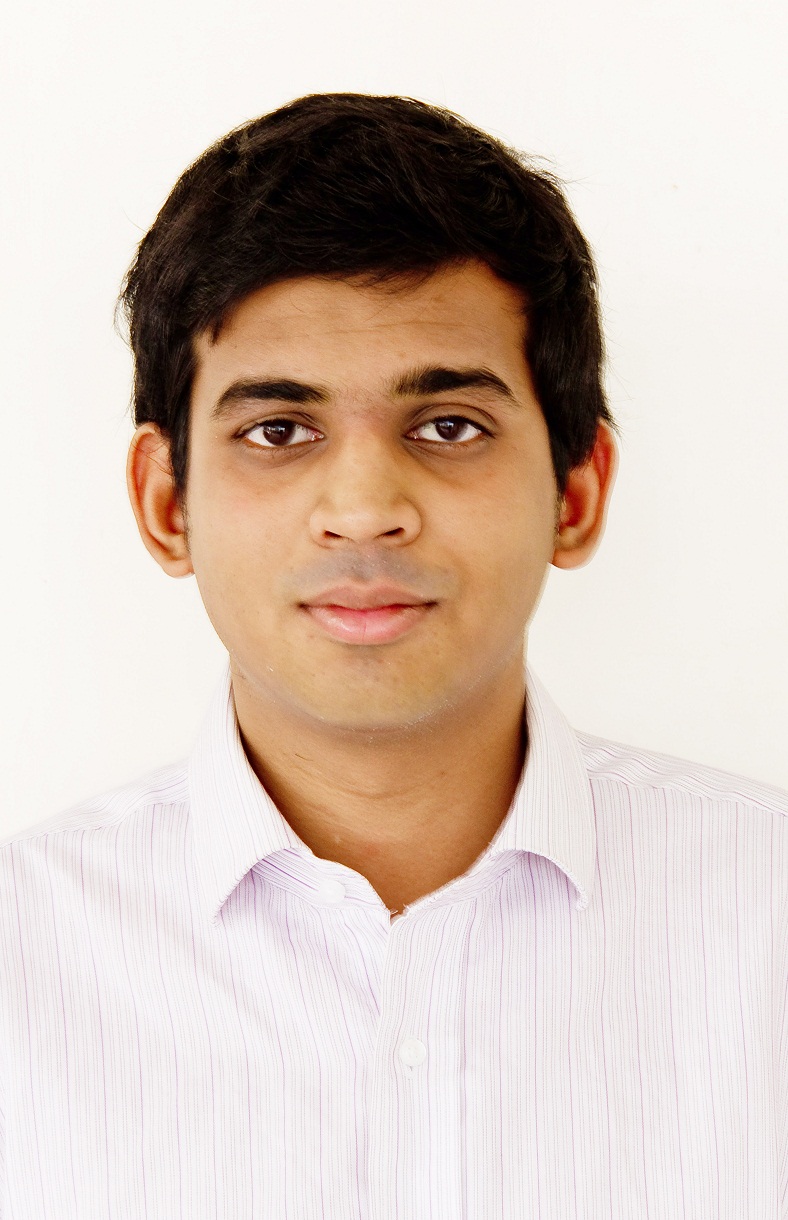 The more ignorant foreign observers in Cairo last week might have thought Egypt had just won Euro 2012.
The more ignorant foreign observers in Cairo last week might have thought Egypt had just won Euro 2012.
But it was a far grander victory that Egyptians were celebrating with such aplomb.
The eruption of the streets of Cairo in roaring delight at the inauguration of Mohamed Morsy did not go unnoticed in the Western press.
For Reuters, “in a day full of memorable images, none on Saturday was more powerful than that of Egypt’s first Islamist president.”
The various degrees of symbolism and irony were not lost on the West’s foreign correspondents, as they certainly weren’t on Egyptians.
In a day that “oozed symbolism,” Edmund Blair reported how “state television showed Tantawi, Egypt’s top general and Mubarak’s loyal defence minister for 20 years, welcoming Morsy as he stepped out of a black sedan at the desert base with a hurried salute before shaking his hand.”
Morsy’s delivery of his inaugural address from the same lectern at Cairo University’s main auditorium as Barack Obama first addressed the Muslim world.
The spectacle of Egypt’s new president being so meticulously guarded by the military amused observers because of the power struggle bound to follow.
The Guardian reported Morsy’s informal oath of office at Tahrir Square as “asserting his independence from the army.”
All reports picked up on Morsy’s “stressing repeatedly that the people were the source of his legitimacy.”
But the more astute analysts also picked up on how this does not bode well for Egypt’s military and did not forget the delicate context amid all the inaugural joy.
The Guardian reminded readers “the generals have seized new powers this month, giving themselves veto rights over the drafting of a new constitution, naming a national defence council to run defence and foreign policies, and declaring their control of all military affairs.”
Reuters reported the head of Egypt’s Supreme Council of the Armed Forces “hangs defiantly on to power.”
The reporter was alarmed by the fact that even though “presidents have normally held the title of Supreme Commander of the Armed Forces,”
SCAF had asserted that “Tantawi would remain in place even before Morsy has been sworn in on Saturday.”
In the reporter’s opinion, “this illustrates the limits the military seeks to set on his presidential authority.”
The mood of scepticism varied from country to country. While The Australian went so far as to declare “Egypt’s generals still hold the keys,”
Germany’s Der Spiegel saw the delicate “balance of power between the military and the Brotherhood” as “healthy.”
Indeed, such lack of outrage at the military’s appropriation of civilian power tainted the coverage of France’s Le Monde, Britain’s Daily Telegraph and The Washington Post.
Such outlets’ history of suspicion of even moderate Islamism has shaped the line they have taken, in between SCAF and the Brotherhood.
The implications for Israel also informed many outlets’ analysis of the news out of Egypt.
The Economist told how “the advent of an Islamist president of Egypt has rattled the Israelis,” although they didn’t quite say up front that it had rattled them as well.
“Even since Mr. Morsy’s win, there has been a fresh spate of rockets fired at Israel from the Gaza Strip, which Hamas controls” it continued, implying a causal connection.
Thankfully, papers like The New York Times offered a more factual account of the prospects for Israeli-Egyptian relations, their headline announcing “Morsy vows to honour agreements with Israel.”
Another vow from Morsy’s inaugural address, that to free “the blind Sheikh,” convicted of plotting terroristic acts in the US, where he remains jailed, elicited justified caution throughout the Western press.
The Washington Post approvingly reported New York City mayor Michael Bloomberg’s pledge to oppose any such attempt, while the British Daily Mail even ran as its headline for a report on Morsy’s election: “Egypt’s newly- elected President vows to free convicted terrorist known as the ‘blind Sheikh.’”
Only The Guardian declined to brood on this claim, emphasising Morsy’s other pledges, such as his “promises to free detained Egyptian protesters facing military tribunals.”
The divergences in the lines taken by different members of the Western press this week are indicative of the diversity of opinions facing Egypt during the near future.
Where once a tired cynicism informed coverage of Egyptian politics, with confident reports on the intransigence of the old regime, a new regime installs itself.
This diversity of possibility can only bode well – even if it’s the only thing that can.




